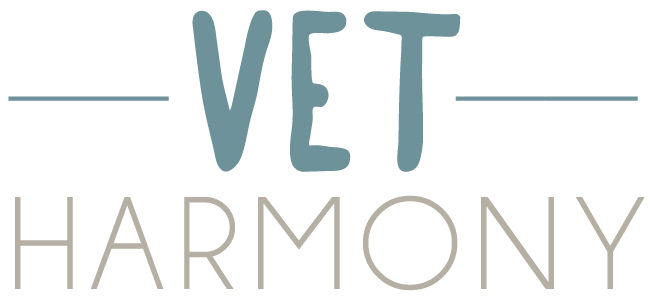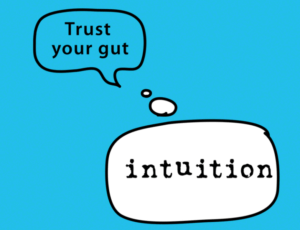One common big mistake to avoid….
Picture these scenarios:
- You graduated recently. During final year you started having some misgivings about life in clinical practice. You’re now a year or two in and the realities of practice have been a struggle so far making you question your chosen career.
- You’ve been vetting for years. You’ve realised your priorities or motivations have changed and you’d like to go in a different direction but don’t know where to start and lack confidence in your ability to do anything else.
What do most of us do in these situations? We try to jump straight to the answer. Then one of two things happens…
We either can’t think of a single bloody idea of what direction to go in, or we can think of lots of different options but have no gut feel as to which you might like.
Then we beat ourselves up. A lot.
“Why am I so indecisive?”
“Why don’t I know what I want?”
“How come I fought for this career and now I don’t enjoy it?”
Truth is, we need to be way more self-compassionate than we are as neurobiological research actually tells us that INTUITION IS A MIX OF GUT FEEL AND COGNITION.
So yes, you feel things with your gut, but your gut cannot have a feeling about a subject on which it doesn’t yet have enough data.
When we try and leap straight to the end point in our heads, we don’t have enough data to make those decisions so we have no gut feel on it.
When choosing a holiday destination, you would take into account whether you preferred mountains or sea, hot or cold, busy or quiet places, sight-seeing or chilling out, close to home or far-flung etc. We choose where we think we’d like to go based on our preferences and values.
Our career choices are no different. Most of our experiences of this sort of thinking however were way back at school with crap careers advisors. We then chose a super-vocational career with limited progression options in comparison to other careers and so it’s easy to lose touch with what your preferences and key strengths really ARE many years down the line.
You need two sets of data to make these decisions:
Who am I, what do I prefer and why, what transferable skills am I good at that I also enjoy?
What do I want my life to be like in terms of hours worked, time for family and play, financial income, geographical location.
Then you find roles within practice or outside it that suit Number 1 and drive you towards Number 2. Simples. 🙂
This is why if you haven’t already had some form of psychometric profiling run, or it was ages ago, that you strongly consider getting this done. You’ll see almost every coach out there works with some form of profiling for this reason.
Having personally had lots of different profile types run on myself over the years from Myers Briggs to DISC and everything in between, I use the HBDI Assessment with my Vet Harmony clients. If you’ve been on my Work With Me page, you’ll see I use profiling in all three of my coaching packages.
I like the HBDI Assessment because it’s highly scientifically validatedand directly related to brain physiology as opposed to personality types.
My vet-brain likes this. 🙂 We have brain dominance in our physiological thinking structures just as we have hand, foot or eye dominance and this is measurable which I find fascinating!
So what?? I hear you say….
One of the biggest benefits I’ve had from having my profile run is with my self-esteem and self-worth.
When I was grappling with whether to stay, go or diversify 12 years ago – before this was a ‘thing’ – I was massively beating myself up.
I’d achieved my lifelong dream.
My boss, clients and clinical outcomes were giving me the feedback that I was an above average vet.
I was bloody miserable and resenting the sacrifice of the rest of my life and my health and wellbeing but I could see other vets being in the same profession and being happy.
Clearly I was the problem.
Then I had my profile run and it looked nothing like that of a typical vet!! The relief was HUGE! There was nothing wrong with me, I just needed to find the right way to use my skills and talents within the profession.
In conclusion, if you are questioning your next career move – whether that’s thinking of a different focus or role in your current practice, or maybe changing to another practice or considering diversifying – get your profile run by an expert who can help you interpret it.
You will then have a fantastic template that helps you inventory your transferable skills and really get to know yourself deeply.
You will then start noticing opportunities you may not have even considered before, and you’ll have a compass to guide you when evaluating different options.
The more the role you are considering is a match for how you like to use your brain, the more job satisfaction you will have and the more you are likely to enjoy it!
I will leave you to muse on that thought, and for anyone who IS interested, I am an HBDI Certified practitioner so email me at jenny@vetharmony.co.uk and I can help.
(P.S. Join the Vet Harmony community here if you’d like to receive these blogs and VLOGs to your inbox so you don’t miss any of the good stuff.)




